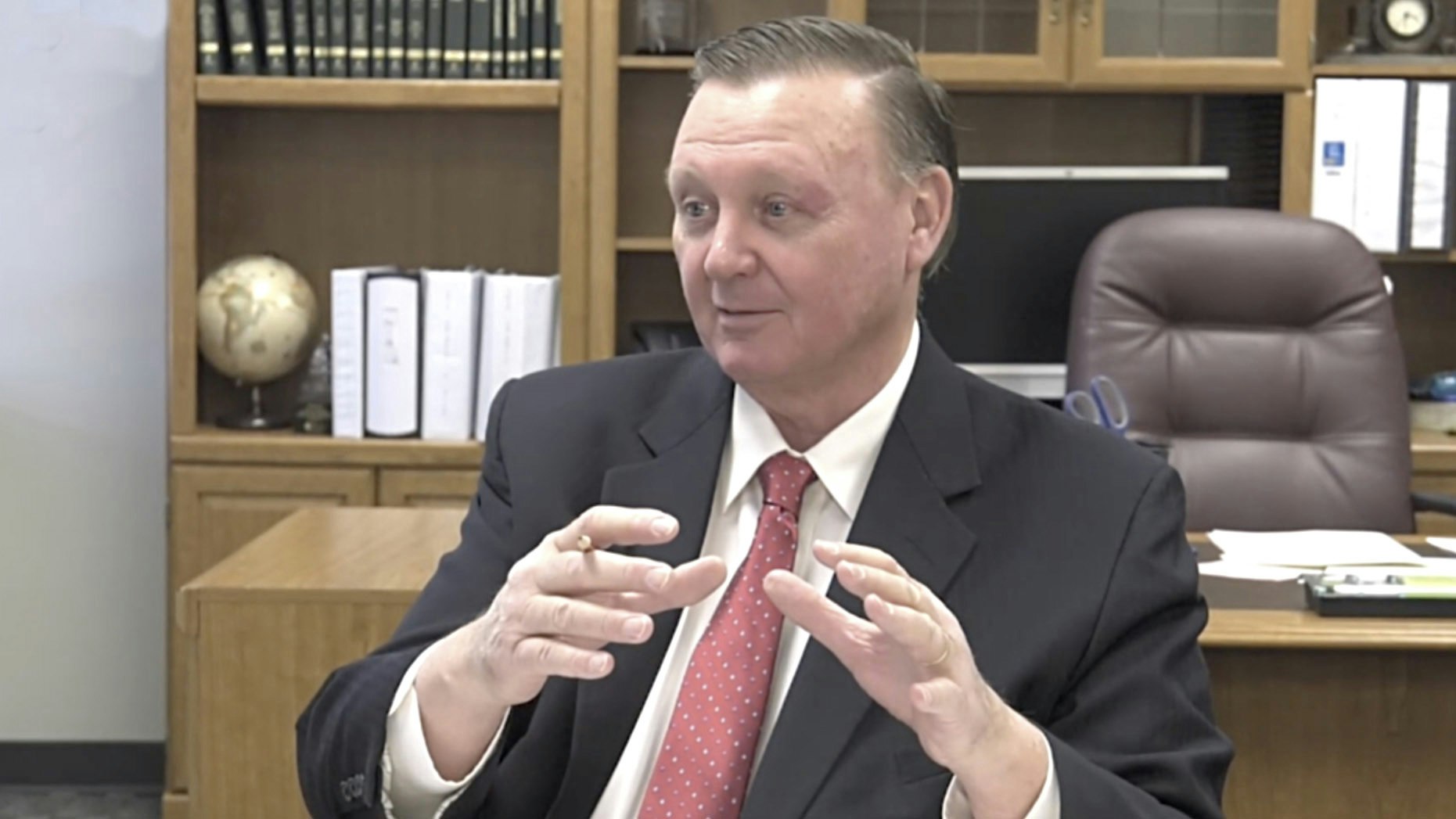Wyoming Treasurer Curt Meier has signed his name to a letter to AT&T board of directors demanding to know if politics, and not business, were behind a decision by its former subsidiary DirecTV to remove the far-right One American News Network (OAN) from the company’s offerings.
More and more states, as well as some companies, are pushing back against a movement that has inserted social causes into business practices, arguing that such practices are not always in the best interest of customers, clients and shareholders.
Maximize Profits
Meier was one of four state treasurers — the treasurers of Louisiana, South Carolina, and West Virginia were the others — to sign the letter, which alleges that DirecTV’s decision to remove OAN was politically motivated and driven by a Democratic politicians and liberal activists.
“Corporate officers and directors are legally obligated to act in the best interest of the corporation and its shareholders,” the letter says. “Decision makers must act to maximize profit for the company; they may not subordinate the financial well-being of the company for some political or personal end.”
DirecTV split from AT&T in August 2021. A DirecTV spokesperson told Cowboy State Daily the decision was a routine one.
“Earlier this year, we informed Herring Networks months ahead of time that, following a routine internal review, we did not plan to enter into a new contract after the prior one expired,” the spokesperson said.
Herring Networks is the media company that owns OAN.
Freedom Of The Press
Meier told Cowboy State Daily that his decision to sign the letter was primarily motivated by a concern over censorship.
The treasurer said he’s never watched OAN and doesn’t subscribe to DirecTV, but he’s concerned about large companies — and this includes social media companies like Twitter and Facebook — engaging in censorship. Meier said he believes they have a duty, like a public utility, to be politically neutral as to what content they carry.
Meier said his position wouldn’t have been any different CNN or MSNBC has been removed.
“It’s dang near un-American, you know? A free press is a free press,” he said. “And if you guys [the media] don’t have access to the public, then are you still a free press?”
Money Is Not Red Or Blue
Meier said that when it comes to the state’s finances, he wants to see companies Wyoming does business with to act in the most politically neutral way.
“I can tell you that our cash is green. It’s not red or blue, and we’re always working for you,” Meier said.
Outside Wyoming’s retirement fund investments, the state has $6.4 million invested in AT&T — 364,125 shares as of Monday.
Wyoming is not the only state pushing back against businesses that adopt “social credit” scores and engage in “woke investing.” This includes the Environment, Social and Governance (ESG) scores that many companies, including those doing business in Wyoming such as Bank of the West, have adopted.
When Bank of the West announced in 2018 it would adopt ESG values, then-treasurer Mark Gordon promised to divest Wyoming of any holdings it had with the bank. Bank of the West still maintains a commitment to refusing to do business with oil companies engaged in hydraulic fracturing or coal-fired electrical generation.
Fox Business reported last week that Missouri’s state treasurer said that state’s employee retirement fund sold all public investments managed by ESG-focused BlackRock. Earlier this month, Louisiana’s treasurer said it would pull more than $700 million in investments with the company over its hostile stance against oil and gas, which the treasurer said was crippling the state’s economy.
West Virginia, Texas, Oklahoma, Florida, South Carolina, Arizona, Idaho, Utah, Arkansas and North Dakota have all made moves to stop doing business with companies that engage in ESG or other politically motivated activities, according to Fox Business.
Bad For Business
Accounting firm KPMG released its 2022 U.S. CEO Outlook earlier this month that showed CEO’s of major companies are also reconsidering ESG. Of the 1,300 CEOs surveyed for the report, 59% said they plan to pause or reconsider their ESG efforts in the next six months. However, 79% claimed ESG improved their financial performance.
Meier disagrees. He said the treasurer’s office did an analysis of the performance of ESG funds versus the S&P 500 and found the S&P performed better than ESG funds by 50%.
He said the winds of politics shift too easily to tie them to good business practices.
“That’s what we’re looking at. We’re long-term investors,” Meier said.
Leave Politics ‘To The Politicians’
Anson Frericks, co-founder and COO of Strive Asset Management, told Cowboy State Daily that there’s more to the claims of good performance from companies practicing ESG.
They often use data in one way or another that isn’t statistically sound in financial analysis, such as using a narrow time frame, he said. It also matters that what makes a company ESG friendly is not always easy to pin down.
“Since ESG isn’t well-defined, it’s hard to tell if it’s performed,” Frericks said.
Tech companies tend to have small carbon footprints, so they can easily achieve the ESG-friendly label. Between 2010 and 2020, these companies, in a period of low inflation and low interest rates, performed well. That may have made ESG companies appear higher performing than they actually were, Frericks said.
Now that inflation is going up and interest rates down, companies with good cash flows, such as those in the oil and gas industry, are performing better, he said.
Frericks and his partners founded Strive as a company that is focused solely on bringing value to their clients and that politics “should be left to the politicians. Let companies just focus on driving shareholder value.”





